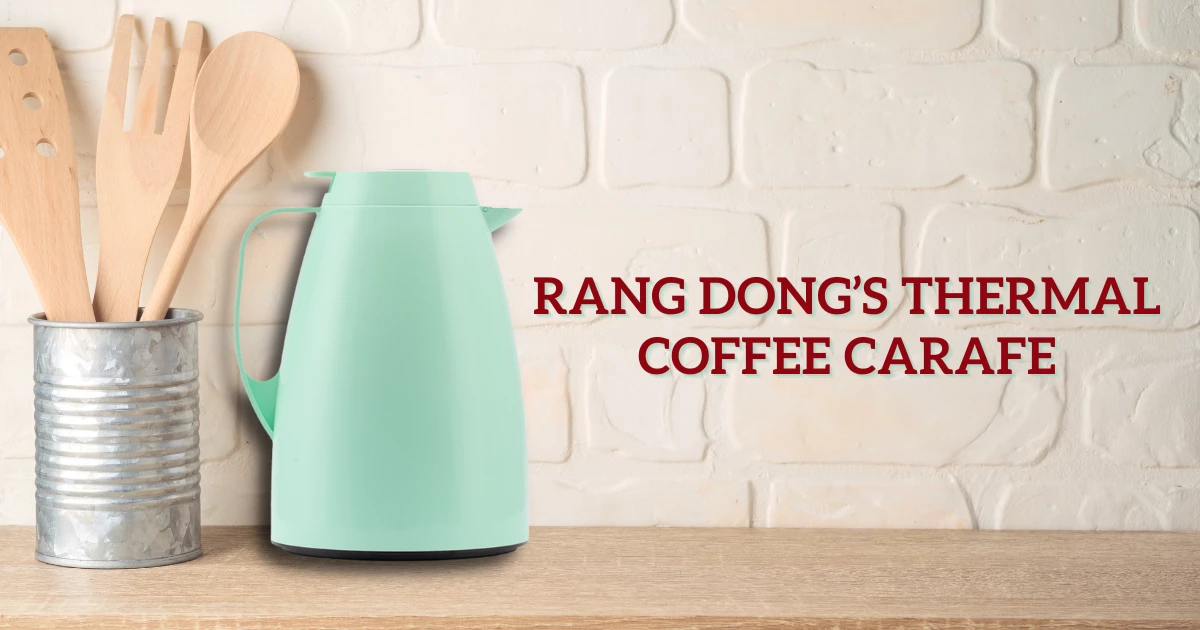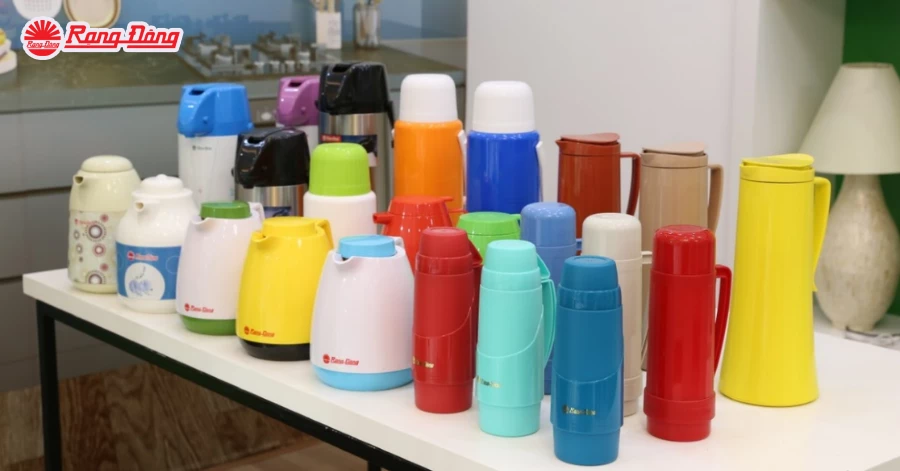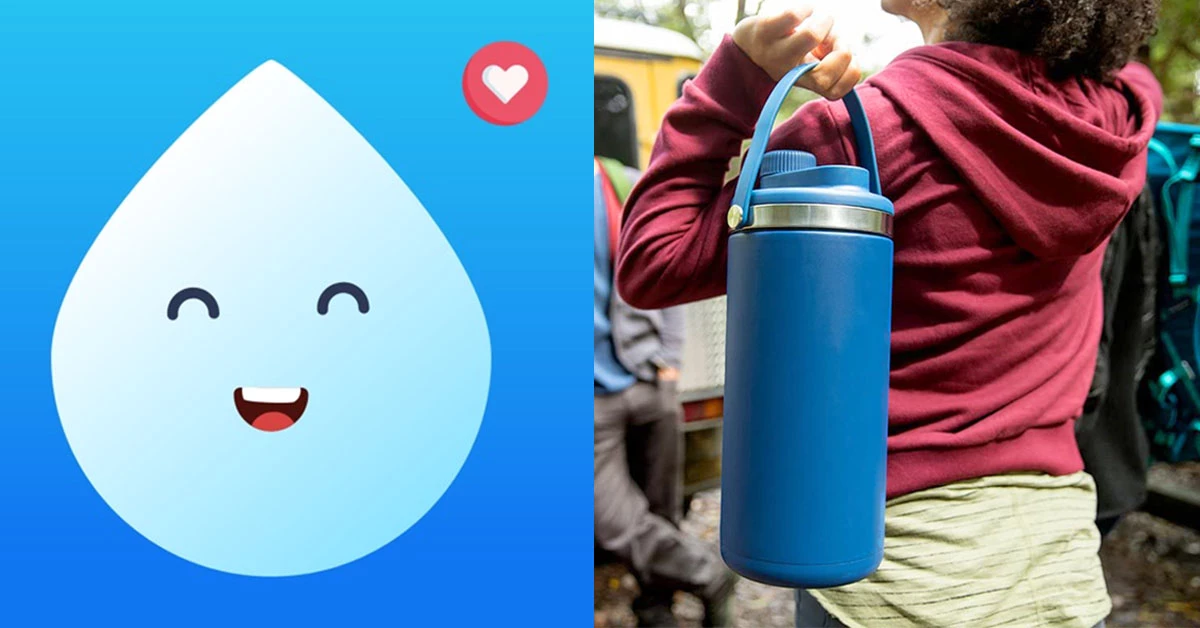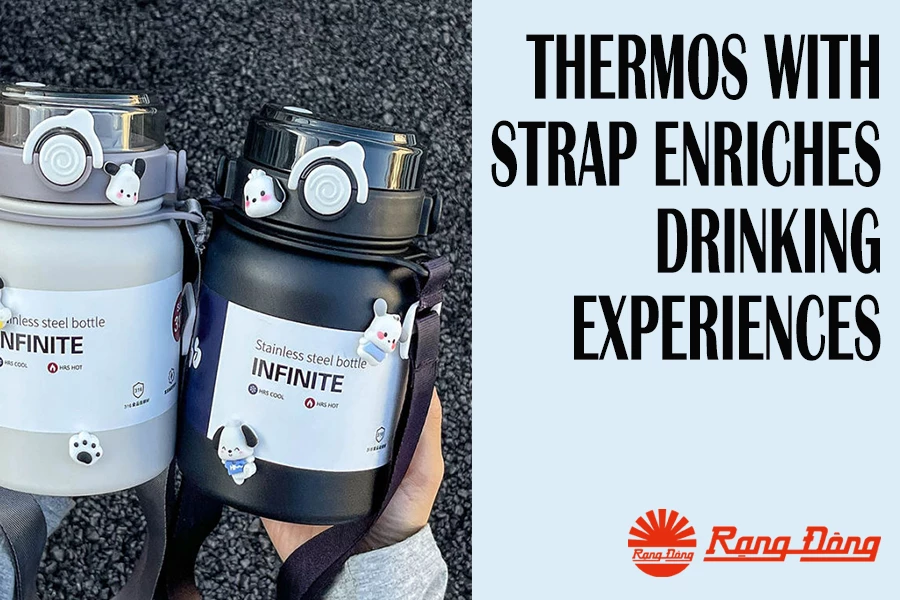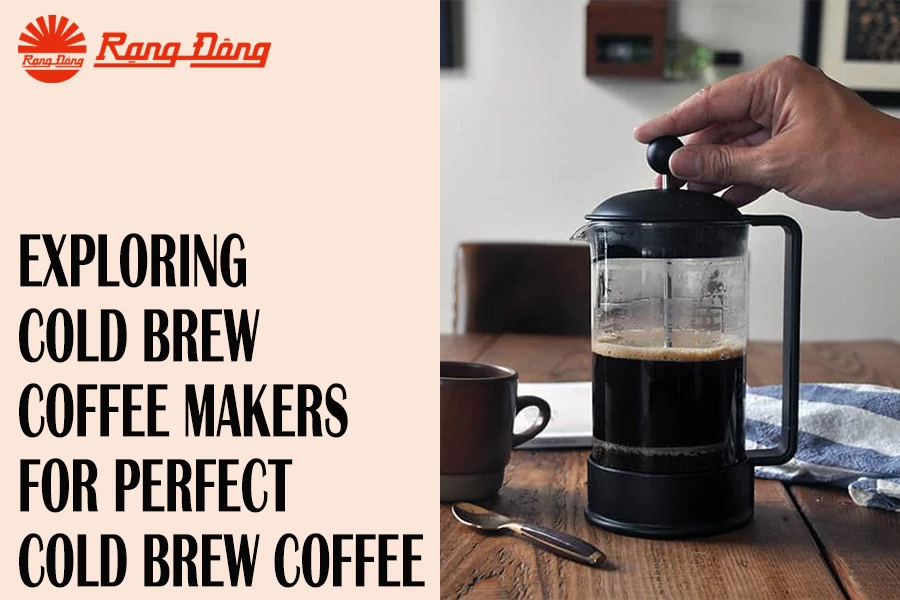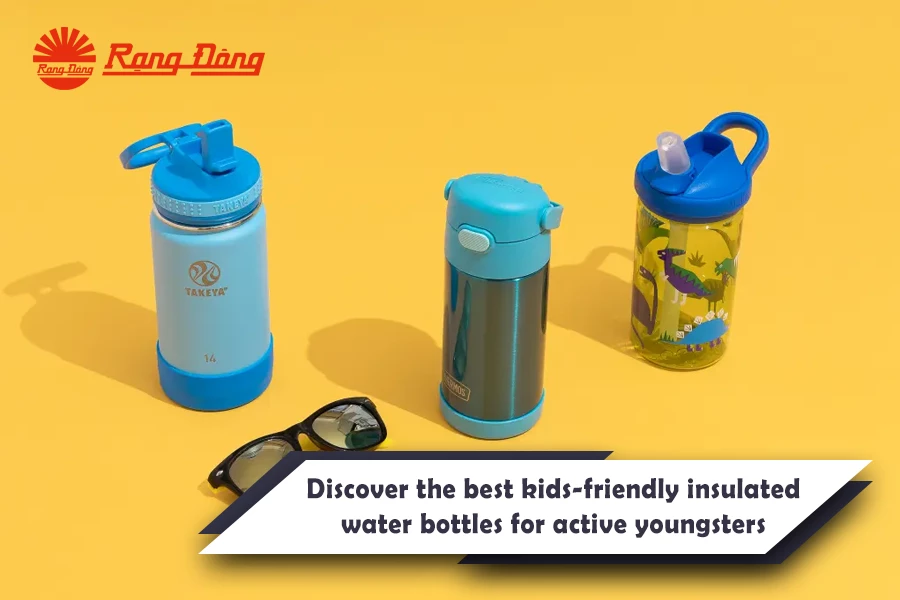Temperature retention duration plays key role in many sectors
From food processing to pharmaceutical sector to scientific research, maintaining specific temperature for a certain period can make all the difference as it helps guarantee the quality of the final products. Time and efforts have been well spent to look for ways to improve temperature retention duration. The following article gives more details on the factors influencing the process as well as several heat control solutions.
The term “temperature retention duration” refers to the ability of a system, container, or material to maintain a specific temperature over a certain period. In various industries, it is crucial to control and sustain temperatures within desired ranges to preserve the quality, safety, and efficacy of products or materials.
Importance
The concept of heat retention duration holds immense significance across many sectors:
Food industry
Temperature retention duration is essential for preserving the quality and safety of perishable goods. Whether it's maintaining the freshness of fruits and vegetables or ensuring the safe storage of dairy products and meats, controlling temperature is non-negotiable to prevent spoilage and foodborne illnesses.
It is recommended to keep the fridge temperature at 40 degrees F (4 degrees C) or below to slow bacteria growth.
Pharmaceutical sector
For pharmaceutical companies, maintaining the efficacy of drugs and vaccines is paramount. Many medications require strict temperature control to prevent degradation. Even slight deviations can render medications ineffective, posing serious risks to patients' health.
High temperatures can reduce the efficacy of medicines and accelerate mechanisms of reaction for medicine degradation such as oxidation and hydrolysis.
Scientific research
Precise temperature control is necessary for scientists to conduct experiments and preserve samples. In dealing with genetic material, cell cultures or sensitive chemicals, maintaining optimal temperatures ensures the integrity of the research outcomes.
Influencing factors
Several factors come into play when considering temperature retention duration:
Insulation quality
The effectiveness of insulation materials has a great impact on temperature retention. High-quality insulation minimizes heat transfer, keeping stable the temperature in the storage chamber for a longer period.
Container design
The design of the container or storage unit plays a crucial role. Containers with tight seals and minimal openings reduce heat exchange with the surrounding environment, enhancing temperature retention.
The vacuum layer in a bottle is a barrier between the bottle's inner and outer walls that reduces heat transfer.
Environmental conditions
External factors such as ambient temperature, humidity, and exposure to sunlight can affect thermal preservation. It's essential to consider these variables when designing temperature-controlled systems.
Thermal mass
The thermal mass of the stored items or the container itself influences temperature stability. Objects with high thermal mass require more energy to change their temperature, resulting in better retention over time.
Improving heat retention time
Achieving optimal heat retention duration requires a combination of strategic approaches and innovative solutions.
Advanced insulation technologies
Investing in state-of-the-art insulation materials, such as vacuum panels or aerogels, can significantly enhance temperature retention capability. These materials offer superior thermal resistance, minimizing heat transfer and improving overall efficiency.
Smart monitoring systems
Equipped with temperature sensors, these systems allow real-time tracking of temperature variations. This proactive approach enables timely interventions to maintain desired temperature levels and mitigate potential risks.
Thermal modeling and simulation
Utilizing advanced thermal modeling software helps in predicting temperature behavior under different conditions. By simulating various scenarios, users can optimize their systems for maximum temperature retention duration.
Cold chain logistics
In industries like pharmaceuticals and food distribution, establishing robust cold chain logistics is crucial. From specialized packaging to temperature-controlled transportation, ensuring end-to-end cold chain integrity is essential for preserving product quality.
Farm-to-table business models, new medications, and vaccines need cold chain more than ever.
Should you have any questions or request a quotation of Rang Dong products, please send us an email to: export@rangdong.com.vn.
Websites: en.rangdong.com.vn and vacuumflask.rangdong.com.vn.

